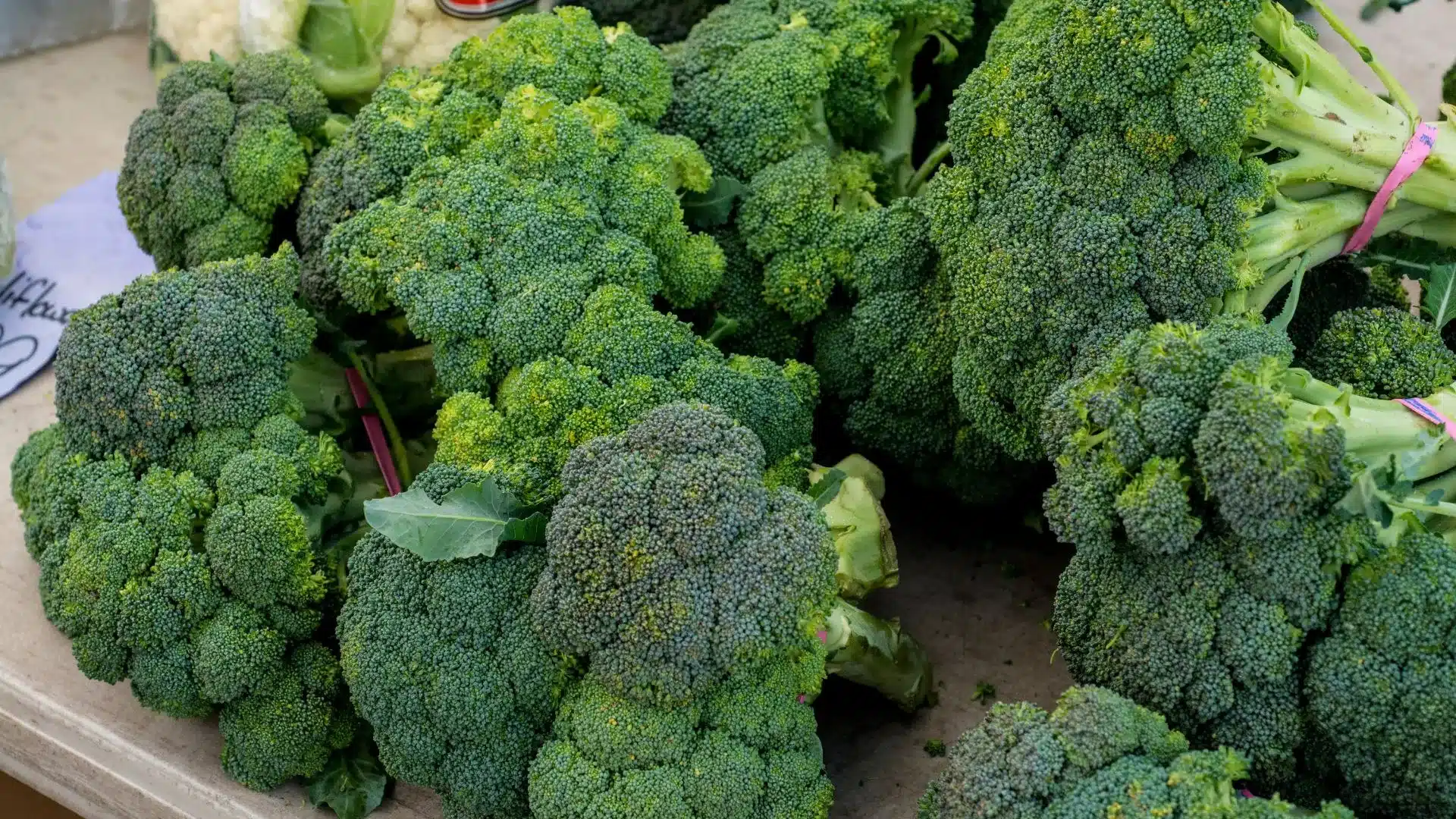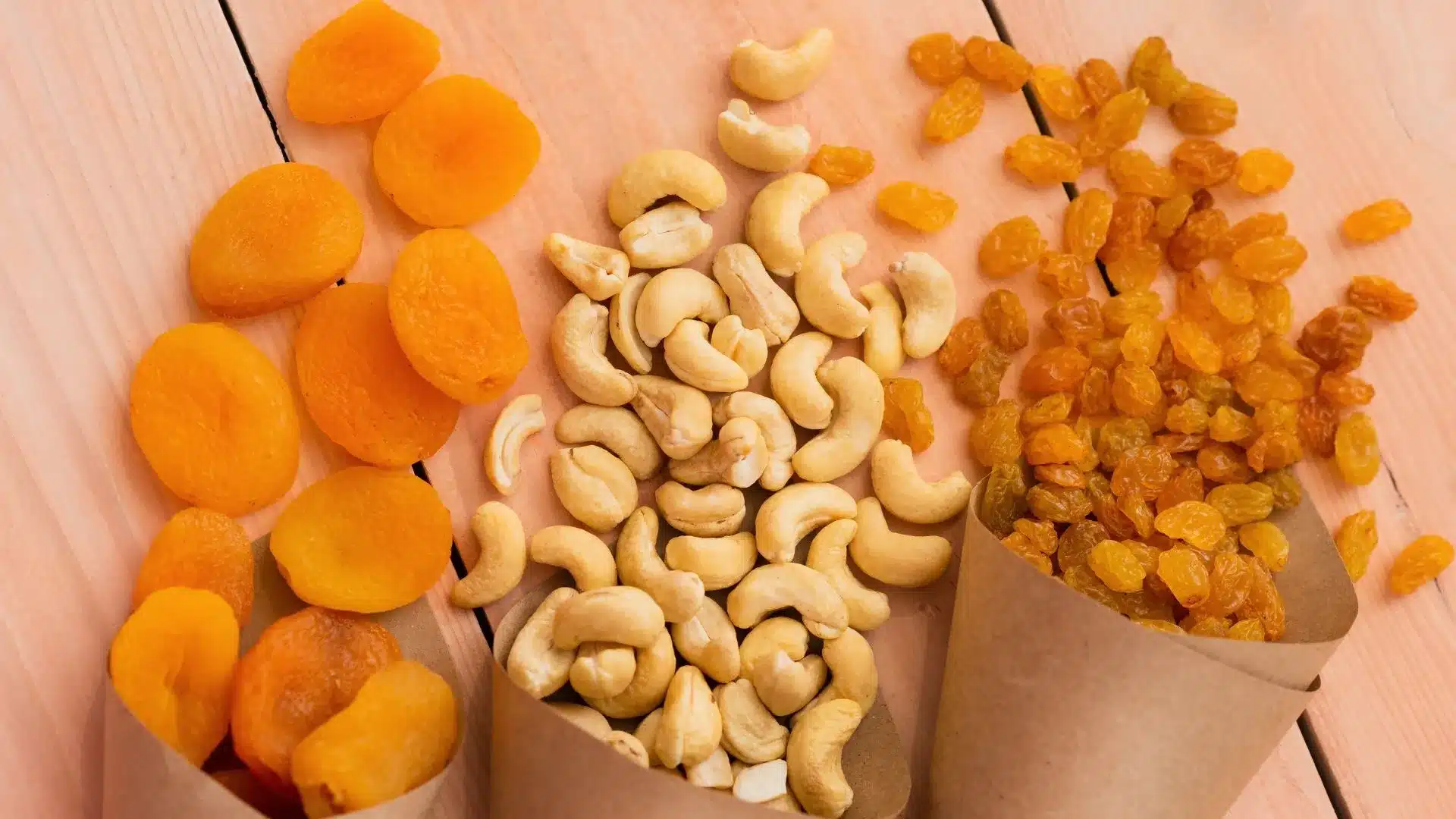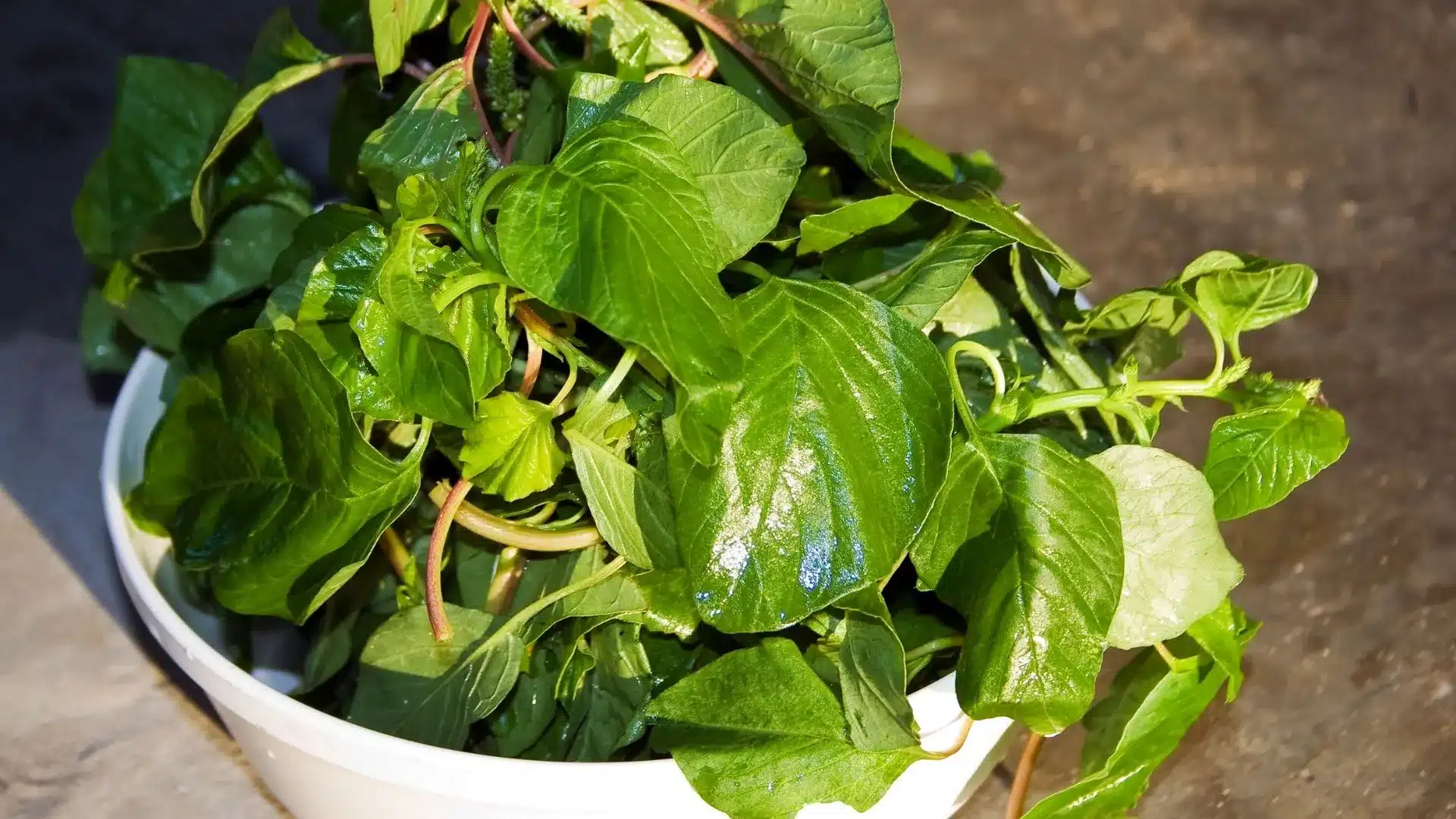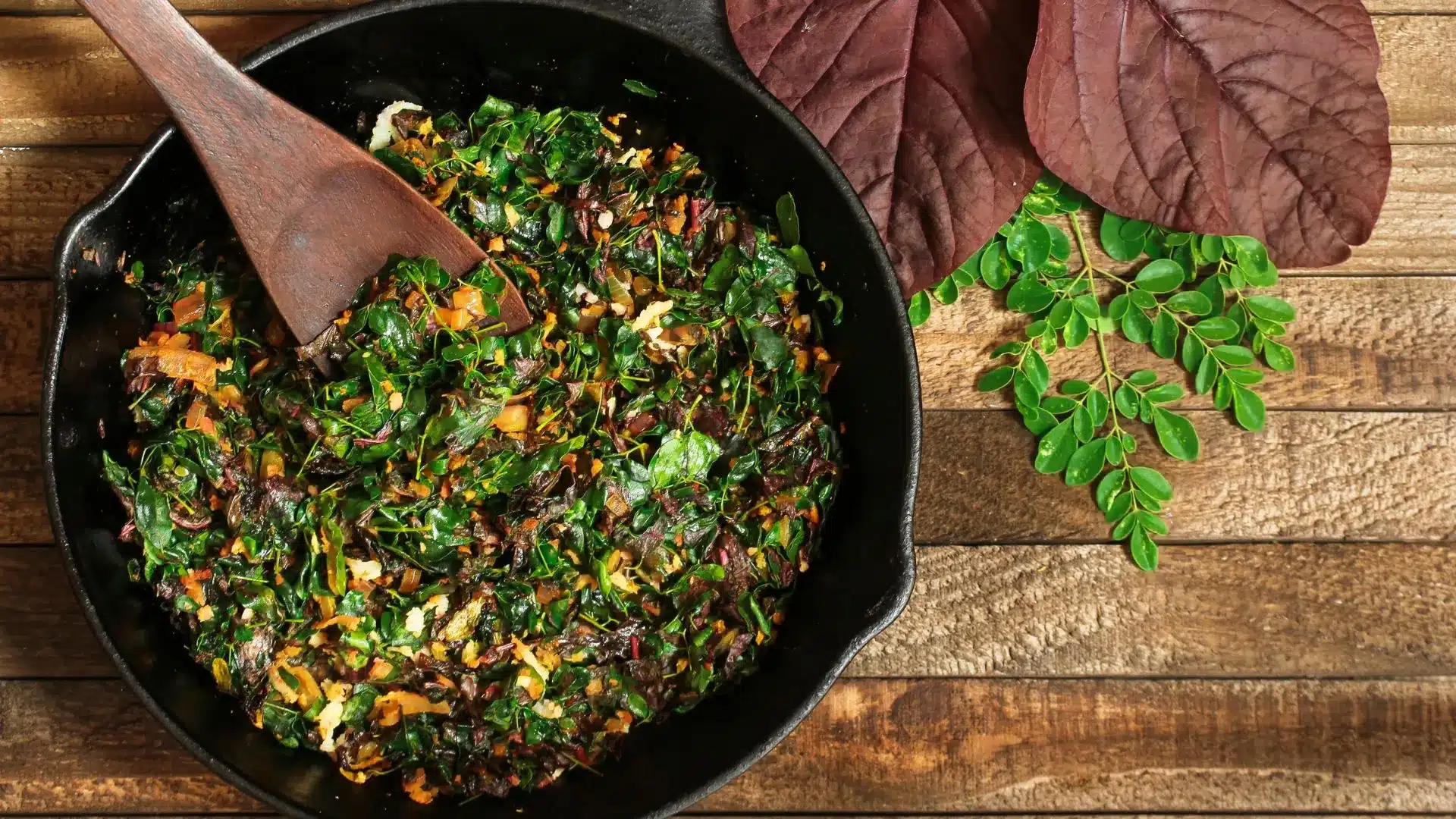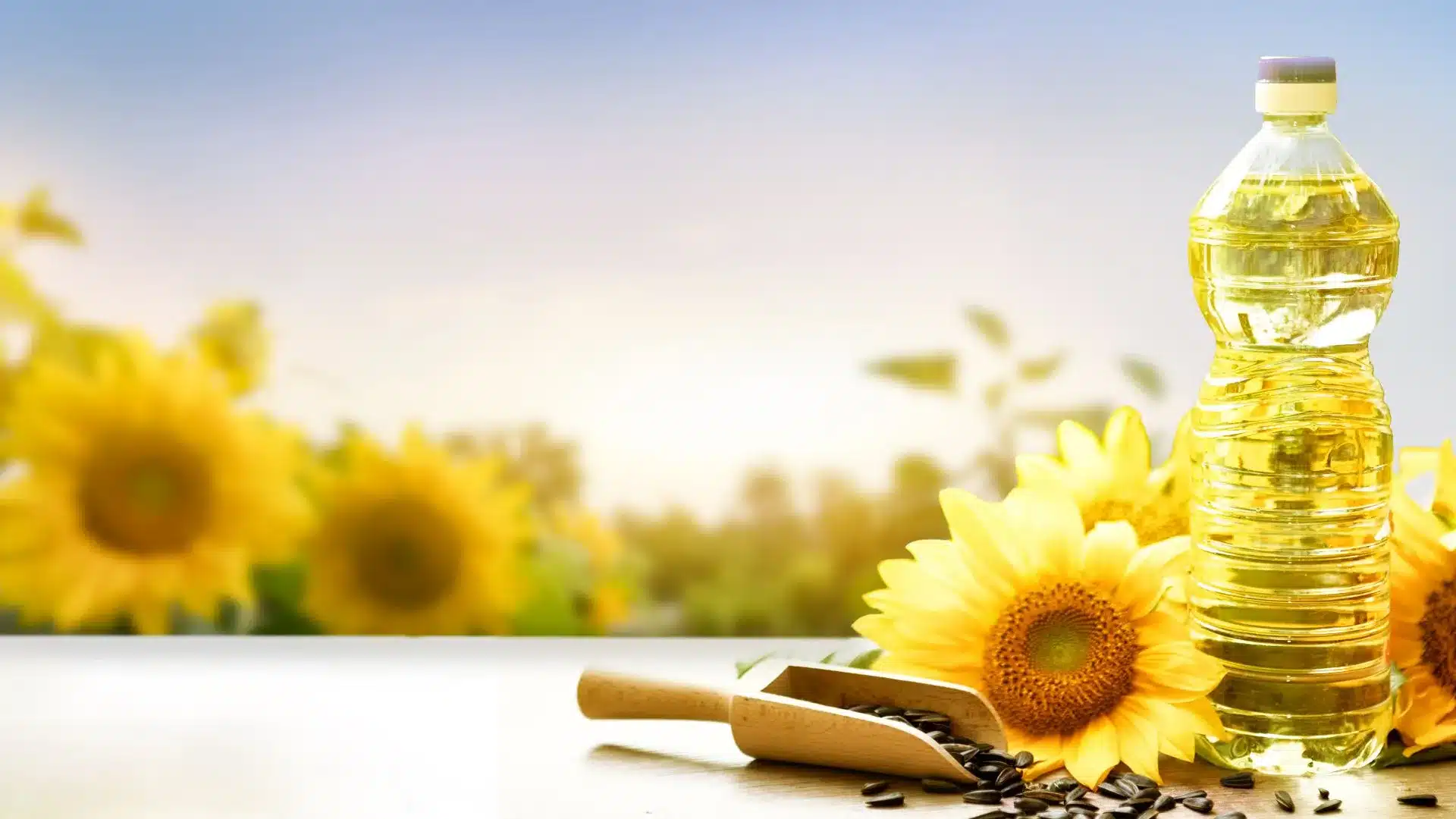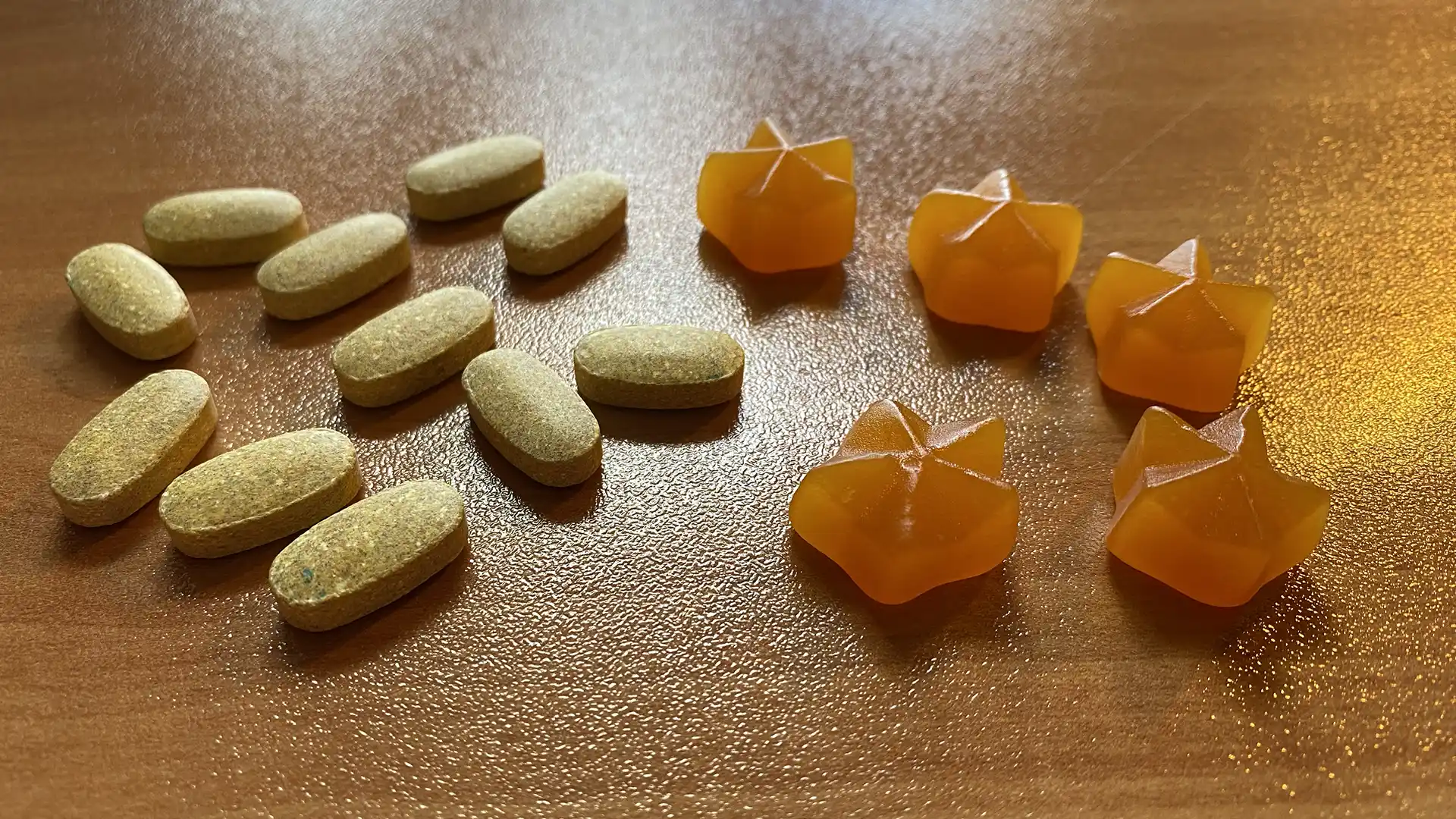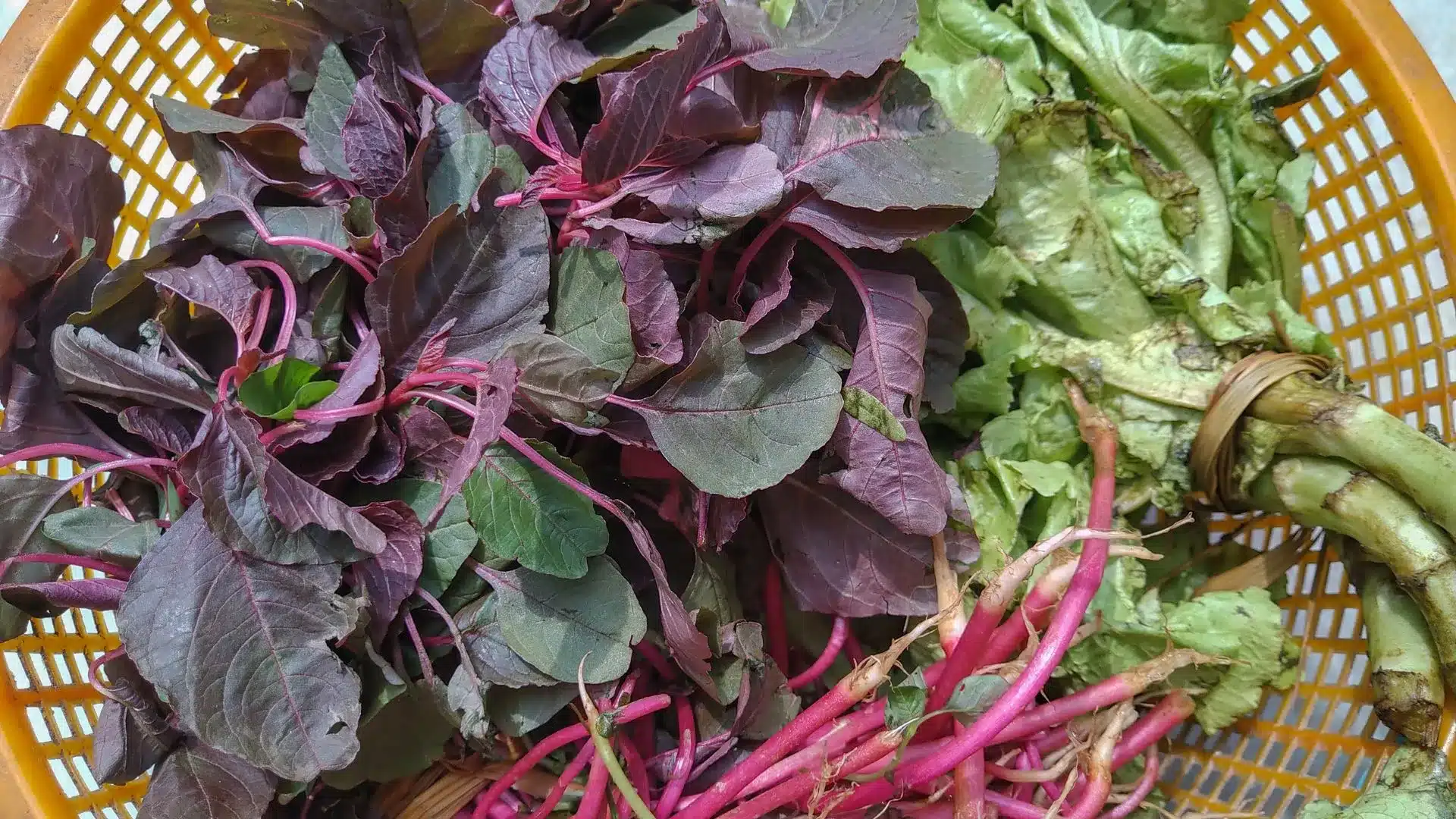You only need a little chromium, but it plays an important role in regulating your blood sugar and insulin. It’s also needed for protein and fat metabolism. Diets high in processed foods may be lacking in chromium but a healthy diet provides enough to cover your needs.
Author: Justine Butler
Copper
Copper is important for many chemical reactions in your body and is essential for healthy blood, nerve function and energy metabolism. It’s also important for making collagen – one of the main proteins in your bones, cartilage, tendons and skin. Without copper, your red blood cells couldn’t work properly. Find out where to get this mineral.
Calcium
You need calcium for your bones but it’s also important for your muscles, nerves, signalling within cells and making hormones. Getting enough calcium is particularly important for bones during adolescence – especially during a growth spurt. Find out which foods are best for calcium.
Vitamin K
Vitamin K is important for normal blood clotting, which is essential for wound healing when you injure yourself. It also keeps your bones healthy and strong and low levels have been associated with an increased risk of osteoporosis and arthritis. Find out where to get it here.
Vitamin E
Vitamin E helps maintain healthy skin and eyes and strengthens your immune system, supporting your natural defences against illness and infection. It is an important antioxidant that protects your cell membranes from damage too. Plant oils are packed with vitamin E but there are many other plant-based sources.
Vitamin D
Vitamin D is just as important as calcium for keeping your bones strong because it helps you absorb calcium from food. It also helps support your immune system. Most people can get enough from daily exposure to sunshine but some need a little extra.
Vitamin C
You need vitamin C to keep your skin, cartilage, tendons, ligaments and blood vessels healthy. It’s important for wound healing as well as healthy bone and teeth. On top of that, vitamin C helps your body absorb iron from food. If you like fresh fruit, you will be getting plenty.
Vitamin B12
Vitamin B12 keeps your nerve cells healthy, helps make DNA – your body’s genetic material and works with folate to make red blood cells and to help iron work better in your body. It can also affect your immune system and mood. This essential vitamin is vital for good health!
Folate (folic acid or vitamin B9)
Folate helps your body make healthy red blood cells and DNA – your body’s genetic material. It also vital in early pregnancy to reduce the risk of neural tube birth defects so all women of childbearing age (15 to 49 years) are advised to make sure they have an adequate intake of folic acid through food or supplements. If you eat lots of green leafy vegetables, you should be getting plenty but there are many other plant foods that can give your intake a boost.


